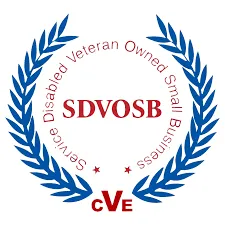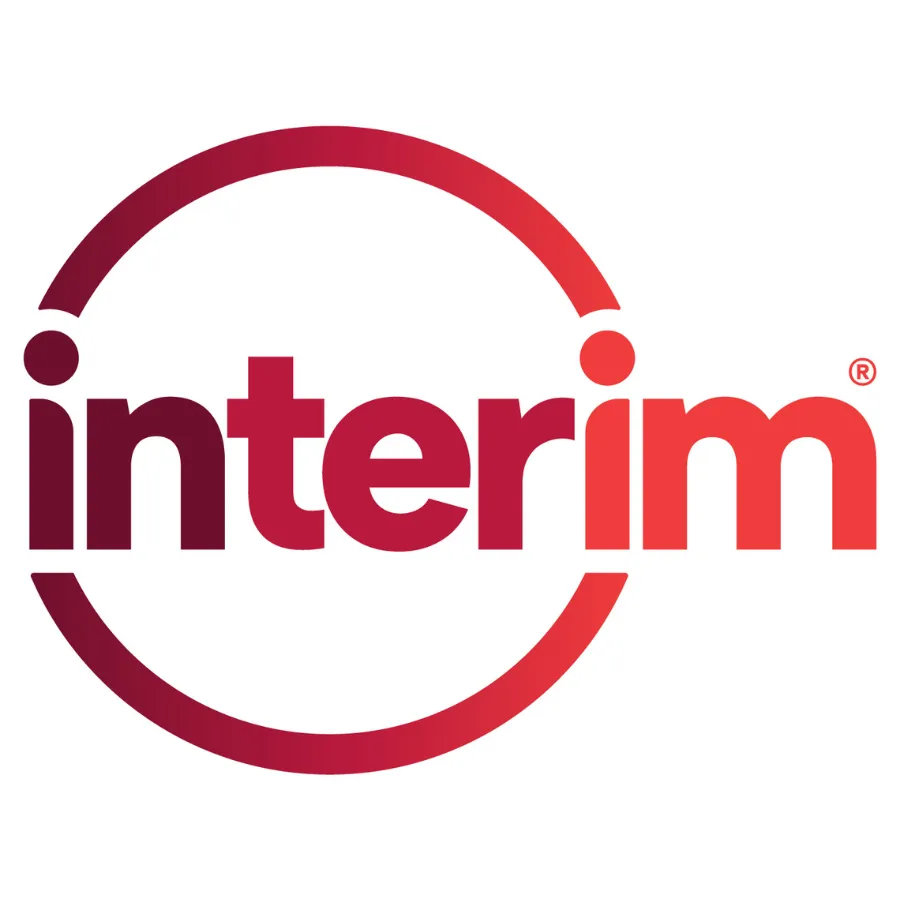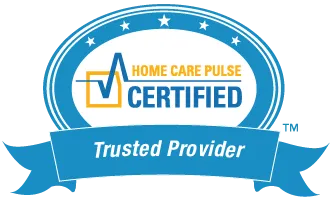Medicaid
Home Care

Assisted Living

Private Caregiver

Home Health

Family Care

No Care

Medicaid — not to be confused with Medicare — is a state- and federally funded program that assists individuals with limited income and assets in paying for long-term care. Coverage varies widely by state and program type, but generally speaking, Medicaid helps with personal care and residential care for those who meet both financial and medical eligibility criteria.
It’s an essential safety net, but the application process can be lengthy, and approved benefits are often tied to specific providers or facility types. Understanding what’s covered — and under what conditions — can save families significant stress and money.
Home Care
Most states, including Utah, offer Medicaid Home and Community-Based Services (HCBS) waivers that cover in-home personal care for seniors who qualify financially and functionally.
At Interim Home Care, we are an approved Medicaid provider, meaning eligible clients can receive care in their own homes rather than entering a facility. While coverage hours may be capped, this program allows individuals to remain independent and safe at home — making it one of the strongest coverage options under Medicaid.
Assisted Living
Medicaid often helps pay for assisted living services, though not the full cost of room and board. Utah’s Aged Waiver and similar state programs cover personal care, medication management, and supportive services within approved facilities. Families still pay for housing and meals, but partial Medicaid assistance makes this a viable option for many.
Private Caregiver
Medicaid does not pay private caregivers directly unless they are enrolled through a state-approved program. Independent caregivers outside agency oversight or state registries cannot bill Medicaid, leaving this option fully private pay. The only exceptions are some “self-directed care” programs, which are complex and limited.
Home Health
Medicaid covers home health services when prescribed by a physician, but only for medical needs — such as nursing, therapy, or wound care — not for ongoing daily assistance like bathing or meal prep. Coverage is reliable for short-term recovery, but not for long-term support.
Family Caregiver
Some states allow Medicaid recipients to hire a family member through self-directed or “Cash & Counseling” programs. These programs pay the family caregiver a modest wage for providing care, but availability and rates vary widely. In Utah, family caregivers can sometimes be compensated through certain HCBS waivers, though the process requires approval and documentation.
No Care
Without an approved provider or care plan, no benefits are paid. Seniors who qualify for Medicaid but don’t apply or connect with a provider receive nothing, missing out on crucial support they’ve earned. Waiting until a crisis to apply often causes costly delays in care.


